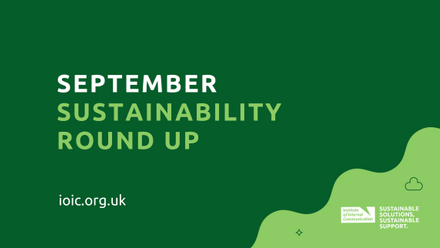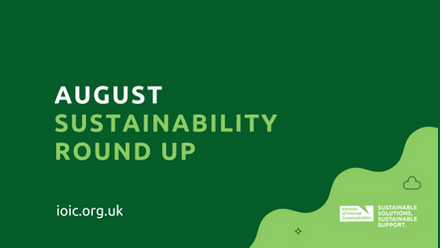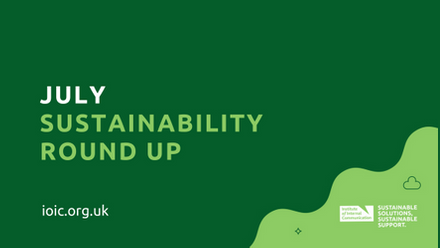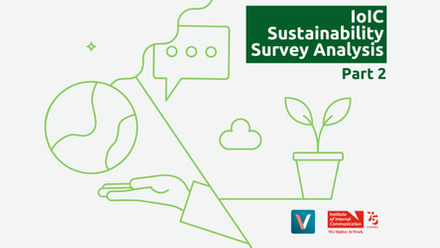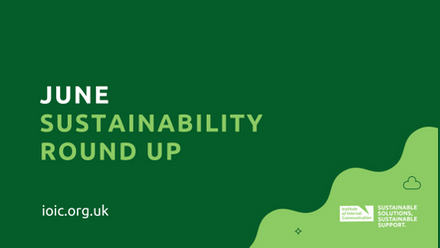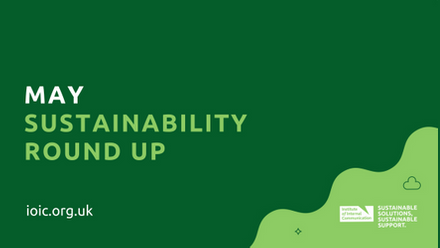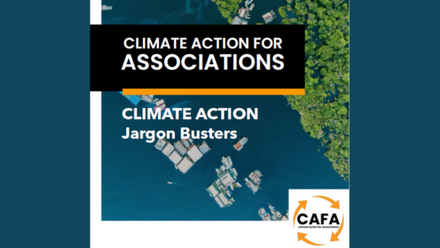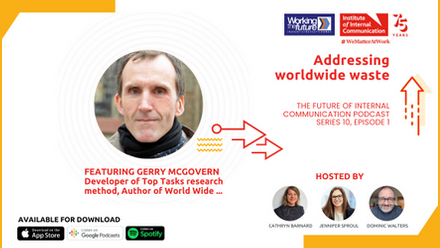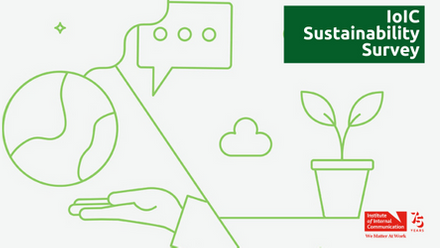
What is sustainability and why does it matter to internal communication?
As the climate emergency escalates, it’s clear all organisations need to radically and urgently reduce carbon emissions. Research has shown the impact of trade on the environment in the last fifty years.
All organisations face a rising tide of legislation to both report on Environmental and Social Governance (ESG) issues and limit Scope 1, 2 and 3 carbon emissions. This has huge consequences for everyone at work.
The IoIC believes internal communicators have an integral role to play in sustainability communication.
The Cambridge English dictionary describes sustainability as:
“the quality of being able to continue over a period of time: the long-term sustainability of the community”
Internal communication is essential if organisations are to achieve sustainability.
ESG requirements demand that organisations report on how they’re managing non-financial risks relating to environmental and social concerns. They require organisations to expand their responsibilities to serve multiple stakeholders, rather than a singular focus on profit and shareholder returns. Organisations must now additionally demonstrate commitment to and consideration for customers, employees, suppliers, governing bodies, and the wider community.
For internal communicators, this is vitally important.
The requirement for organisations to more seriously consider their impact on internal stakeholders places a spotlight on colleague voice like never before. It’s impossible for organisations to authentically deliver on ESG obligations without prioritising the impact of their operating practices on colleague welfare, equal access to opportunity and more.
This positions internal communication at the epicentre of organisational sustainability as colleagues must be able to freely voice their concerns and help shape more sustainable futures.
Five areas of sustainability
We have identified five areas of sustainability, each of which is intrinsically linked to wider environmental initiatives. These are environmental, economic, community, organisational, and personal sustainability. Download this diagram to better understand the different types of sustainability.


